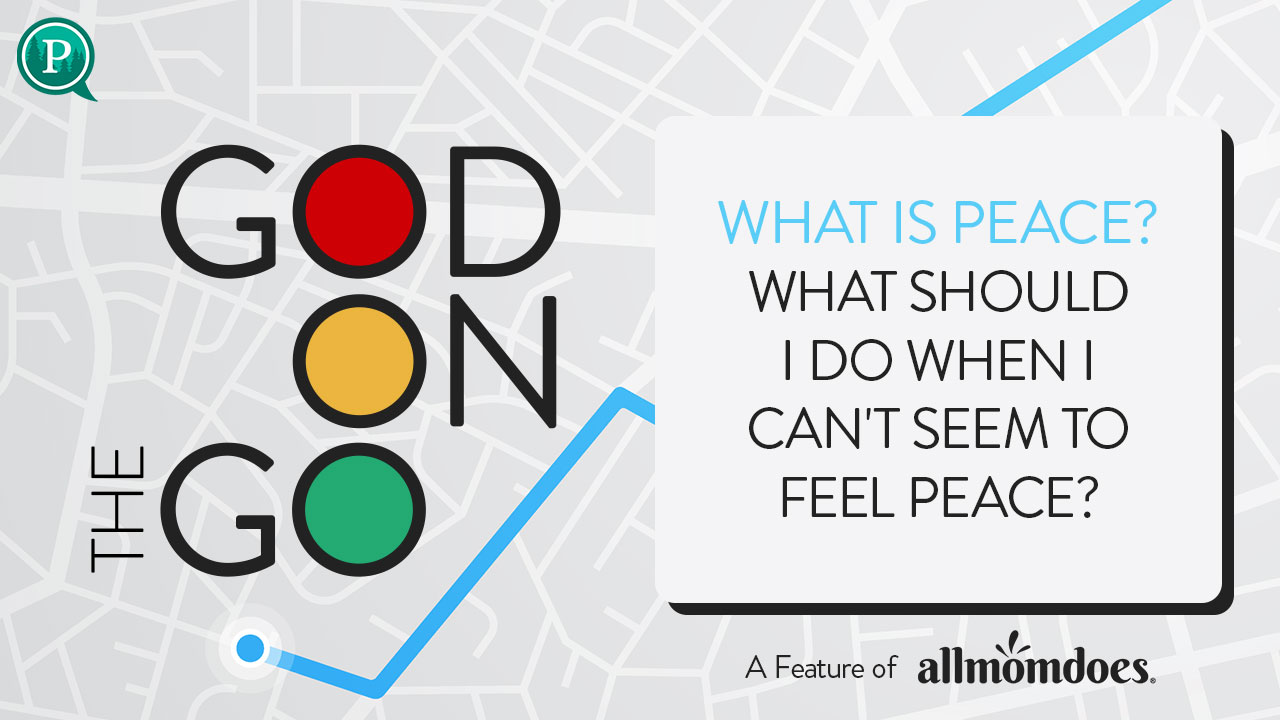Norm and his family moved in across the street. He, his wife and his two small children quickly made friends due to Norm’s outgoing personality. Before long, he knew everyone and a sense of camaraderie was created in the neighborhood where none had existed before. Suddenly, gates were left open so the kids could run back and forth to play, and the adults began to sit together outside to visit and share meals.
A few Sundays ago, the sun was out and people’s kids and grandkids were frolicking together in sprinklers while the adults sat on a patio and visited. At one point, Norm excused himself, walked across the street to his house, went up the stairs to the den, and killed himself.
To say everyone was stricken with grief and shock would be an understatement. Some decided it must have been an accident. They simply could not accept that they had missed the signs. But, there was no doubt. Norm had died by his own hand.
Suicide has been on a lot of people’s minds lately because of the deaths of two popular musicians in quick succession: Chris Cornell and Chester Bennington. In the shock following these young men’s suicides, their friends and family made comments like, “But, they seemed so happy” or “Life was going so well for them.” Again, no one had seen the signs.
People began putting up phone numbers to suicide hotlines on their social media accounts. Sadly, although well-meaning, these actions are pretty useless. Because, as is witnessed in the stories above, people who are suicidal rarely have the strength to reach out and are often really good at hiding their pain.
In this rather self-absorbed, stay-busy, mind-your-own-business world we live in, loved ones who are hurting often go unnoticed even though the majority of people considering suicide send out warning signs. It’s up to us to recognize them.
Here are some of the signs:
- Sadness or moodiness.
- Hopelessness: the person may show no hope for the future or expectations that things will ever change for the better.
- Sleep problems: either too much sleep or not enough.
- Sudden calmness after a period of depression: this can signify the person has made the decision to end their life.
- Changes in appearance: unwashed hair, no make-up, etc.
- Dangerous or reckless behavior: increased use of drugs or alcohol, taking risks while driving, etc. (Norm would “joke” about suicide every time he drank, he was drinking on that fateful day).
- Trauma can trigger suicidal thoughts: such as the death of a loved one (this was the case in the death of Chris Cornell), divorce or a break up, long-term illness, loss of a job or financial woes.
- Making preparations: such as writing a will, cleaning out their house, giving away items of value, or visiting friends and family (as a way of saying “goodbye”).
- Withdrawal: they cease to attend social events or post anything on social media.
If you see any of these signs in a loved one, step in, be nosy, show them you care. It’s important that you don’t place the burden of finding a solution on the depressed person: “You should get help” or “Why don’t you call a doctor” are hardly helpful when the loved one is finding it hard to even breathe.
Instead, offer concrete help: “I’m coming over for a visit.” “I’ll call a suicide hotline and sit with you while you talk to them.” “I’ll drive you to your doctor’s appointment.”
Dr. Mark Goulston, who specializes in working with suicidal patients, says that his biggest strategy is to make his patients feel less alone. He tells them to call him whenever they feel like they can’t take any more and he will be there to listen. His patients usually cry with relief at his words. I love this quote from Dr. Goulston:
“Pain is pain; suffering is feeling alone in pain. When you eliminate the aloneness, suffering that people can’t live with becomes pain they can.”
And, one final note: We have to stop blaming the depressed person.
Are those of us left behind angry? Yes, we are. Do we flash on how self-centered and self-serving suicide appears to be? Sure. But, there is much more to depression and suicide than what we see on the surface. So much more.
A beautiful young woman in my life recently fell into a deep depression. People around her began instructing her to pray more, study the word more and they minimized her pain by saying, “Oh, yeah, I went through that, it passes.” Last week she missed church (thank the Lord) because the pastor based his sermon on depression being the result of a weak spiritual life.
Enough. Just stop.
I have watched this beauty fight her sadness with every fiber of her being. Because she is surrounded by nosy people who love her, she is now seeking help in spite of the “pray more” naysayers. But, she still feels guilty, like her faith isn’t as good as those who don’t suffer from depression.
Please know that prayer and Bible study are vital to us as believers. But, I ask you this: Would you yell down at a cancer patient laying ill on the bathroom floor from chemotherapy: “Why don’t you pray more!!”?
Depression is a serious illness. And, without intervention, it is sometimes terminal.
*This is an excellent guide for people who see the warning signs of suicide in a loved one: https://www.helpguide.org/articles/suicide-prevention/suicide-prevention.htm

















